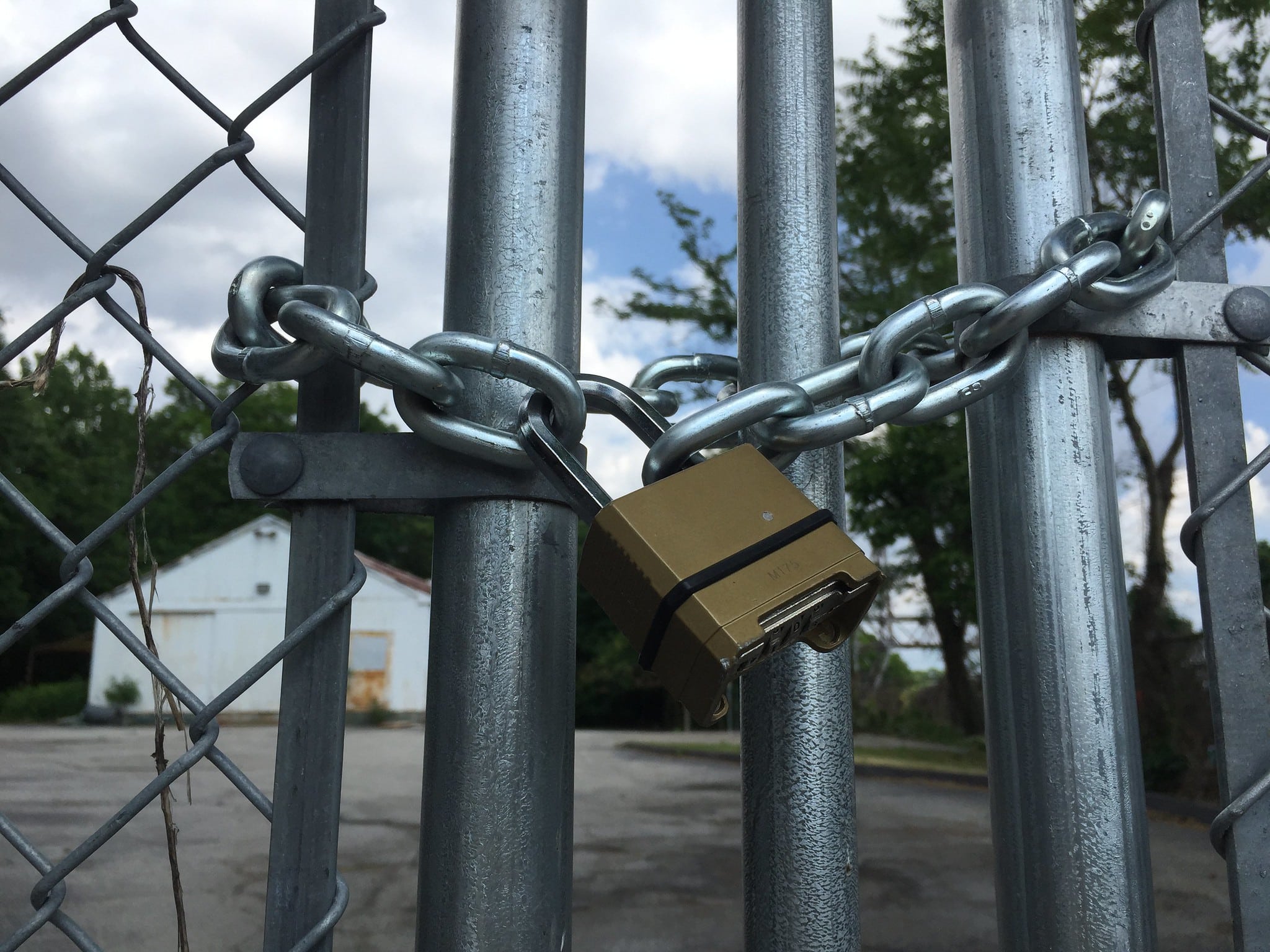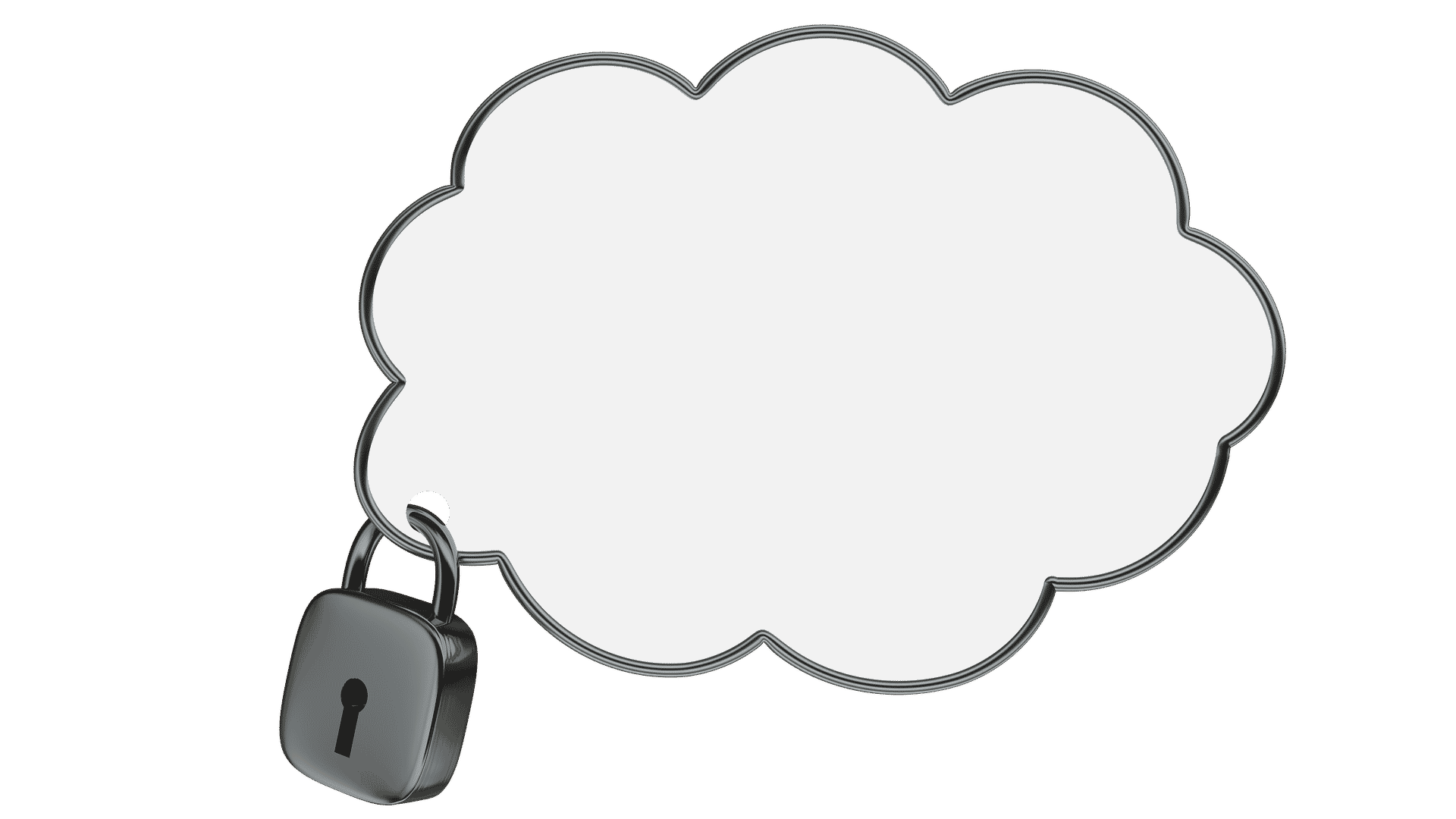With the ever-increasing reliance that we humans place on technology, there are bound to be nightmare stories from time to time. We’ve all heard of data breaches and hacks at major companies, but what if your personal files and accounts were locked forever?
Google is by far one of the most, if not the most, relied upon tools on the web. We love Google, use it every day. Billions of people trust and rely on Google every day. From storing family photos and important documents to using their apps to create personal and business documents and spreadsheets.
Here is the story of how one parent’s life turned upside down. We believe Google had the right intentions, but the outcome was disastrous for this family.
This Is Why You Need To Regularly Backup Your Data
There is no doubt that Google is a vital part of our lives. It holds our emails, photos, documents, and perhaps even the login to other accounts around the web. For that reason, one parent has been living through a terrible situation after Google locked him out of his account, suspecting child abuse.
The New York Times reported a story about a parent named Mark whose toddler son needed a diagnosis for a medical ailment. To monitor the growth and development of an infection, the parent took pictures of his son’s groin using his Android smartphone. The situation occurred in early 2021, while the world was still in the midst of the worst of the COVID-19 pandemic. The photos were taken at the nurse’s request, so the images could be examined before a video consultation, ultimately leading to a prescription for antibiotics that cleared the infection.
Pretty simple, right? Video consults with nurses and doctors have become more common. Especially during and since the pandemic.
What was the problem? The parent discovered his accounts had been frozen by Google two days after the images were shot after receiving a message that stated there was hazardous content that was a factor. (“severe violation of Google’s policies and might be illegal.”)
Using its AI-powered Content Safety API, Google identified the content as being harmful. (artificial intelligence) to “proactively identify never-before-seen CSAM imagery.” (CSAM – Child sexual abuse material). The account in issue is then frozen for further investigation after the content has been verified and, if confirmed, forwarded to the National Center for Missing and Exploited Children (NCMEC).
In Mark’s situation, backing up these photos to his Google Photos accounts constituted the “affirmative action” required for Google to search through the pictures. Federal law then forced Google to report the photographs.
Due to being locked out by Google, Mark lost access to his entire email account, his contacts, images, and even his phone number because he used Google Fi (a wireless phone plan). Despite the San Francisco Police Department’s finding that no crime had been committed, Google nonetheless rejected Mark’s requests to reopen the account. No matter the good intentions, because Mark trusted Google with all of his data, he’s now in a bad position.
How To Avoid Losing All Your Files If Google Locks Account
Mark considered taking Google to court over the situation to get his data back but estimated that the case would cost around $7,000, a price Mark didn’t feel was worthwhile.
Beyond Mark’s situation, NYT found another nearly identical case that occurred around the same time, which had been met with the same silence from Google on reversing the situation.
Google told the New York Times that it stood by its decisions. In a statement to The Verge about this situation,
“Child sexual abuse material (CSAM) is abhorrent, and we’re committed to preventing the spread of it on our platforms. We follow US law in defining what constitutes CSAM and use a combination of hash matching technology and artificial intelligence to identify it and remove it from our platforms. Additionally, our team of child safety experts reviews flagged content for accuracy and consults with pediatricians to help ensure we’re able to identify instances where users may be seeking medical advice.”
This situation is a nightmare for both Google and the family, compounded by Google’s apparent lack of interest in restoring the account after authorities determined no crime was committed.
It also acts as a helpful reminder of a couple of things, though.
First and most importantly, it’s a reminder to make backups. Regularly backing up your files, photos, emails, and other important documents is essential to protecting your digital life. ElephantDrive makes it easy for you. Find out more here.
Secondly, it’s a good reminder not to keep all of your eggs in one basket, so to say. Have you ever tried to reach a “person” at Google? Don’t hold your breath. So, using them to keep all of your data and be the only place you store it might not be the best approach. And with their history of unexpectedly shutting or suspending accounts having your files stored in a secondary location is recommended.
So, as unfortunate as Mark’s story is, it’s an opportunity for us all to learn how significant backing up our files, photos, and emails so that they can be accessed if “Big Tech” locks us out.



